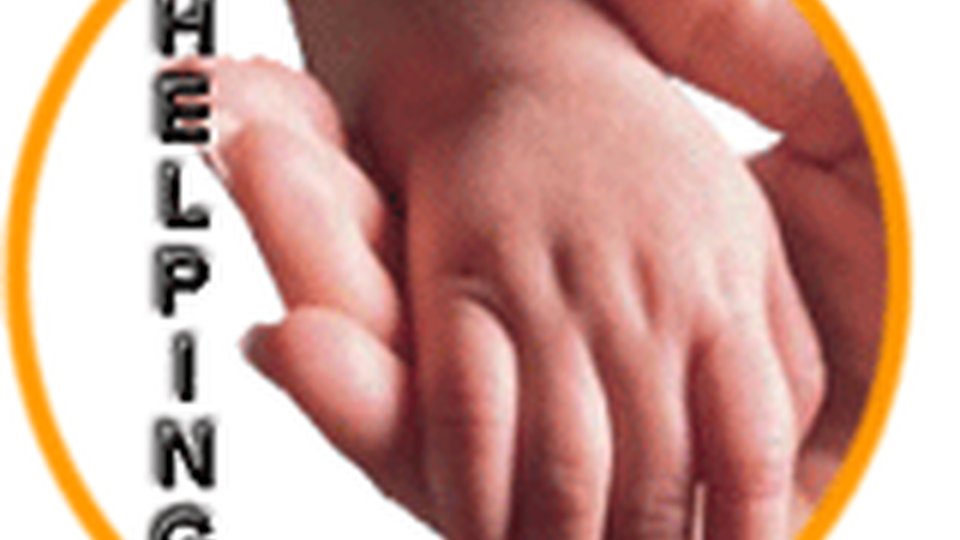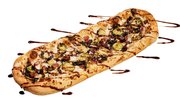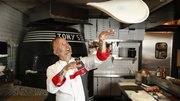Article
Making business sense of charities
Raving! Brands, Panda Express and Starbucks charities look good to the public and build brand awareness.

April 9, 2006
It seems like any company worth its salt is involved in charity work. In 2004, corporations contributed $12 billion to charitable causes, according to the American Association of Fundraising Counsel. But while fundraisers and charities may be good PR, they might not always make good business sense.
"From a business standpoint, the value of a charity must be reflected in the brand in order for it to be successful," said Kelley McCormick, partner for Corvis Communications. "Problems can arise from companies getting involved with an abstract charitable relationship that does not translate well to customers."
McCormick points to Starbucks as an example. Over the next five years, Starbucks plans to contribute at least $10 million to non-profit organizations working to alleviate the world water crisis. According to the Environmental Protection Agency, wind powers 20 percent of Starbucks' company-owned North American stores. And Starbucks helped establish the Fair Trade movement across the world and now it is the only company certified to sell Fair Trade coffee in 21 countries. All these extracurricular activities resonate well with the Starbucks customer, McCormick said.
"Starbucks raised awareness about Fair Trade and essentially weaved in social awareness into their brand," she said.
-- Brian Curin Raving! Brands VP |
A Raving example
Raving! Brands is another fast-casual company involved in charitable causes. The company recently announced the National Center for Missing & Exploited Children will be its charitable and fundraising partner through 2008, and that it will commit $2 million to NCMEC.
In a news release, Raving Brands said the partnership is aimed at ensuring safer operations throughout its brands and also as a call-to-action for the broader restaurant industry to adopt simple, effective measures to address key child-safety issues.
"This is a very well-integrated charity," McCormick said. "Trying to protect children really makes a connection with their consumers."
With an average of 2,000 children reported missing each day, the idea came from the heart, said Brian Curin, vice president of marketing for Raving Brands.
 "I have three girls. And as any parent, your worst nightmare is having a child go missing," Curin said. "We were looking for a cause to align ourselves with and this just resonated with our core values. We also wanted something our franchise operators could get involved with."
"I have three girls. And as any parent, your worst nightmare is having a child go missing," Curin said. "We were looking for a cause to align ourselves with and this just resonated with our core values. We also wanted something our franchise operators could get involved with."To involve its franchise operators, Raving Brands is implementing Code Adam, a six-point system designed for employees to quickly and effectively respond to a missing or lost child on-premise. Code Adam is a free, turnkey program that is already used in the more than 55,000 establishments.

Code Adam was created and named in memory of 6-year-old Adam Walsh. In 1981 Adam was abducted from a Florida shopping mall and later found murdered.
To implement Code Adam, all Raving Brands franchise units will incorporate NCMEC's photo partner program to aid in the recovery of missing children. The geographically tailored posters will be sent monthly to each of its 600 restaurants.
According to the NCMEC, one in six children featured in these posters are recovered as a direct result of someone recognizing the child and contacting law enforcement. Also, 64 percent more children are recovered at restaurants than are abducted, according to the NCMEC.
"The idea of one of our franchisees having to look a parent or guardian in the eye and tell them we did not take every measure to ensure their child's safety while in one of our locations is unthinkable to us," Curin said. "This is a major opportunity for the entire country and one where we as an industry can make a meaningful difference by adopting a few simple programs that are freely available."
Further leveraging the NCMEC relationship, Moe's Southwest Grill has incorporated child identification events during grand openings where parents and guardians receive a free child safety kit that includes a photo of their child. NCMEC is also providing child safety brochures at the openings. According to a news release, this tactic is proving effective in helping for Moe's reach into local communities it serves and delivering a national grassroots communication platform to NCMEC.
"The biggest thing is we hope to become the catalyst for the industry," Curin said. "These are tools that are free."
To recruit new NCMEC supporters in the restaurant industry, Fox's America's Most Wanted John Walsh and Curin will speak at the 2006 Restaurant Leadership Conference, April 10-12, on how to get involved with the organization. In addition, Raving Brands will auction a custom-made Roger Bourget motorcycle and donate the proceeds to NCMEC.
Panda bears
Last year, Panda Express donated $1 million to various charities. This year, the Asian fast casual said it's on pace to surpass that amount. One of its more innovative charitable initiatives, Panda Express in the Los Angeles area sold plush panda bears to raise funds for the American Red Cross and Children's Hospital Los Angeles.
 |
Panda Express in the Los Angeles area sold plush panda bears to raise funds for the American Red Cross and Children's Hospital Los Angeles. |
On the cute panda bear named "Pei Pei" are two cards that inform potential buyers that 50 percent of the purchase will go to charity and a detailed description of Panda Cares, Panda Express' charity. This type of charity not only builds upon the brand through a mascot, but also impacts employee morale.
"In addition to the tax deduction and the enhancing of the brand, charities align with corporate values," said Sharon Bond, marketing manager for the Giving U.S.A. Foundation. "Working with charities can help with retention because it helps employees get involved and makes them feel like they're making a difference."
Legal IssuesSandwichCoffee / Specialty BeveragesTrends / StatisticsOnline ServicesMarketingBakery CafeFranchisingOperations
 ChatGPT
ChatGPT Grok
Grok Perplexity
Perplexity Claude
Claude












